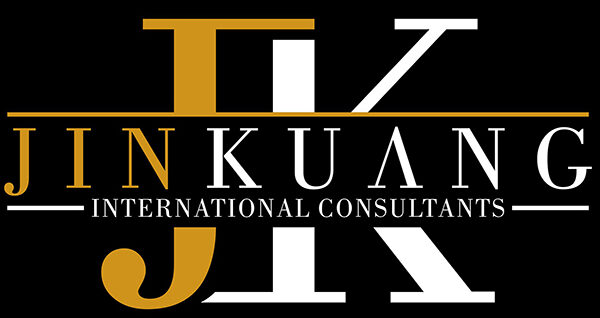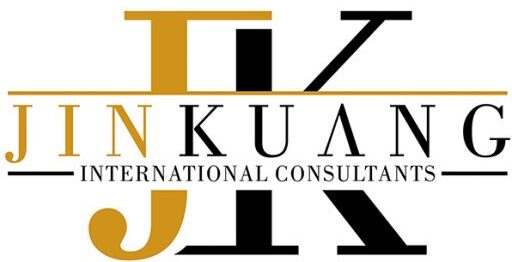Upholding Integrity: The Cornerstone of Business Core Values
In the intricate tapestry of business ethics, integrity emerges as a linchpin, a core value that not only defines the character of an organization but also serves as a guiding light for its journey through the dynamic landscape of commerce. In this exploration, we unravel the profound significance of integrity as a foundational business value, elucidating why it is indispensable, how it shapes company culture, its impact on client relationships, and ultimately, how it becomes the bedrock for sustained business success and you may choose to add as part of your business plan and mission statement.
Defining Integrity in Business:
Integrity in the context of business extends beyond the mere adherence to ethical guidelines. It encompasses honesty, transparency, and a steadfast commitment to moral and ethical principles. More than a buzzword, integrity is a guiding principle that permeates all aspects of a business, influencing decision-making, relationships, and overall organizational conduct.
Why Integrity Matters:
1. Trust Building:
The bedrock of integrity is trust. Clients, employees, and stakeholders are more likely to place trust in a business that consistently demonstrates integrity in its actions and decisions. Trust becomes the currency of enduring relationships.
2. Ethical Decision-Making
Integrity is the compass for ethical decision-making. In situations where choices are complex and values are tested, businesses guided by integrity are more likely to make decisions aligned with moral principles.
3. Organizational Reputation:
The reputation of a business is intricately linked with its integrity. Companies known for their ethical conduct build a positive organizational reputation, attracting clients, partners, and top talent in the industry.
Shaping Company Culture:
The influence of integrity on company culture is profound, creating an environment that fosters ethical behavior and accountability:
1. Leadership Example:
The leadership sets the tone for integrity within the organization. When leaders consistently demonstrate ethical behavior, employees are more likely to follow suit, creating a culture of integrity from the top down.
2. Accountability:
Integrity and accountability go hand in hand. In a culture that values integrity, individuals take responsibility for their actions, admit mistakes, and work collaboratively towards solutions, fostering a sense of collective accountability.
3. Open Communication:
An environment of integrity encourages open communication. Employees feel empowered to voice concerns, suggest improvements, and contribute ideas without fear of reprisal, promoting a culture of transparency.
Importance to Client Relationships:
1. Client Trust:
Trust is a linchpin in client relationships. Businesses that prioritize integrity build trust with clients, creating a foundation for lasting partnerships built on transparency, reliability, and ethical conduct.
2. Long-Term Partnerships:
Integrity contributes to the formation of long-term partnerships. Clients are more likely to continue relationships with businesses that consistently demonstrate integrity in their dealings, leading to sustained collaborations.
3. Brand Loyalty:
Integrity fosters brand loyalty. Clients who perceive a business as operating with integrity are more likely to remain loyal, becoming advocates for the brand and contributing to long-term business success.
Impact on Business Success:
1. Sustainable Growth:
Integrity is a key driver of sustainable business growth. Companies that prioritize integrity attract quality clients, partners, and employees, establishing a foundation for enduring success in a competitive market.
2. Risk Mitigation:
An integrity-centric approach aids in mitigating risks. Businesses that operate with transparency and ethical conduct are better equipped to identify, address, and navigate potential risks, ensuring resilience in the face of challenges.
3. Positive Work Environment:
A commitment to integrity contributes to a positive work environment. When employees trust their organization’s commitment to ethical conduct, it fosters a sense of pride, motivation, and cohesion, leading to increased productivity.
4. Positive Organizational Culture:
Integrity is integral to a positive organizational culture. Companies that embed integrity as a core value create a culture where employees feel valued, respected, and motivated to contribute their best, resulting in a positive and thriving workplace.
Integrity stands as a timeless and indispensable core value in the realm of business. It is the compass that guides ethical decision-making, the foundation of trust in client relationships, and the catalyst for sustainable business success. In a world where reputations are built over time and can be fragile, integrity emerges as the unyielding pillar that upholds the essence of a business. As companies navigate the complexities of the modern business landscape, those anchored in integrity not only weather storms but emerge as beacons of ethical conduct and success.
Jin-Kuang has chosen Integrity to be one of our Core Values. When consulting and workign closely with our clients, they need to understand, we will do the right thing all the time, even when they are not watching which helps boost our core value of Honesty.
References:
1. Kidwell, J. M., Stevens, R. E., & Bethke, A. L. (1987). “Differences between Tight and Loose Cultures: A 33-Nation Study.” Journal of Cross-Cultural Psychology, 18(1), 69–89.
2. Treviño, L. K., Hartman, L. P., & Brown, M. (2000). “Moral Person and Moral Manager: How Executives Develop a Reputation for Ethical Leadership.” California Management Review, 42(4), 128–142.
3. Treviño, L. K., & Weaver, G. R. (2001). “Organizational Justice and Ethics Program ‘Follow-through’: Influences on Employees’ Harmful and Helpful Behavior.” Business Ethics Quarterly, 11(4), 651–671.
4. Sims, R. L., & Brinkmann, J. (2002). “Enron Ethics (Or: Culture Matters More than Codes).” Journal of Business Ethics, 45(3), 243–256.

